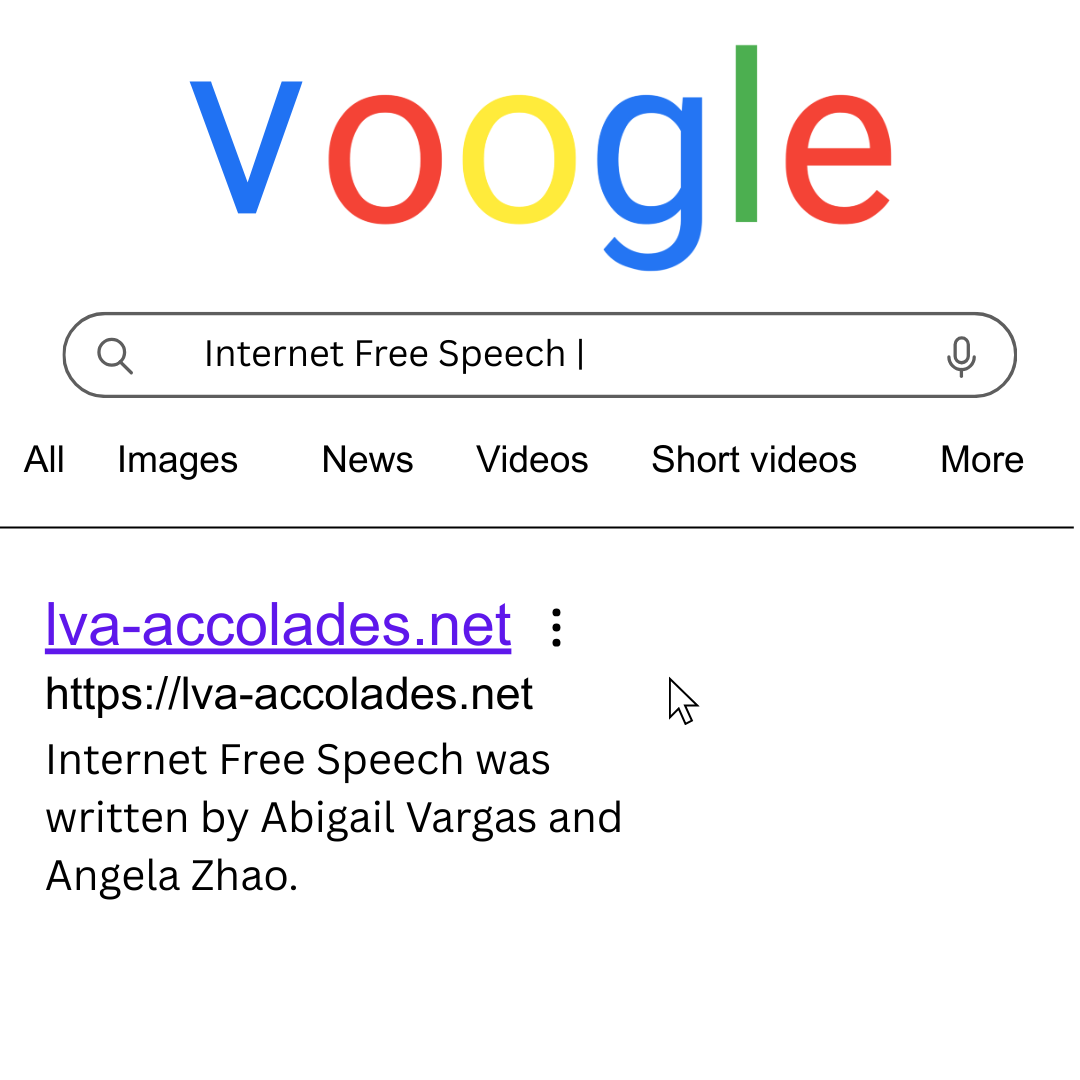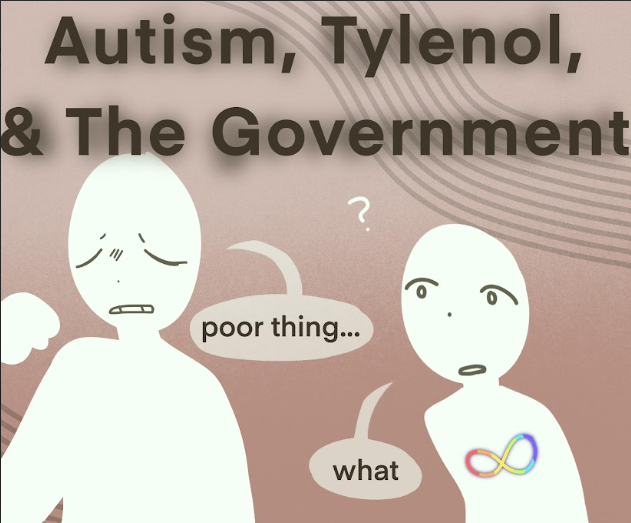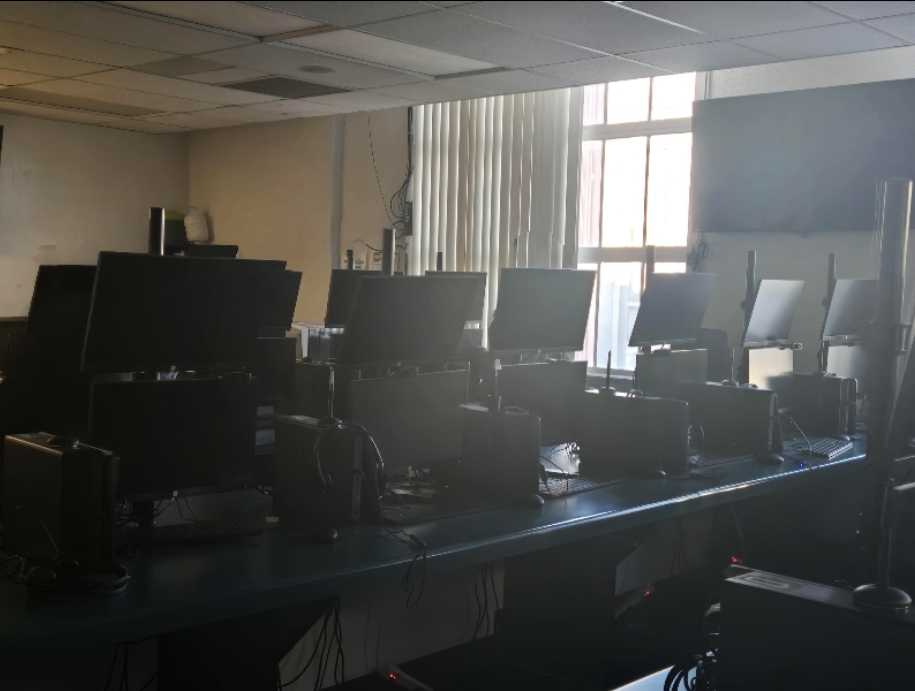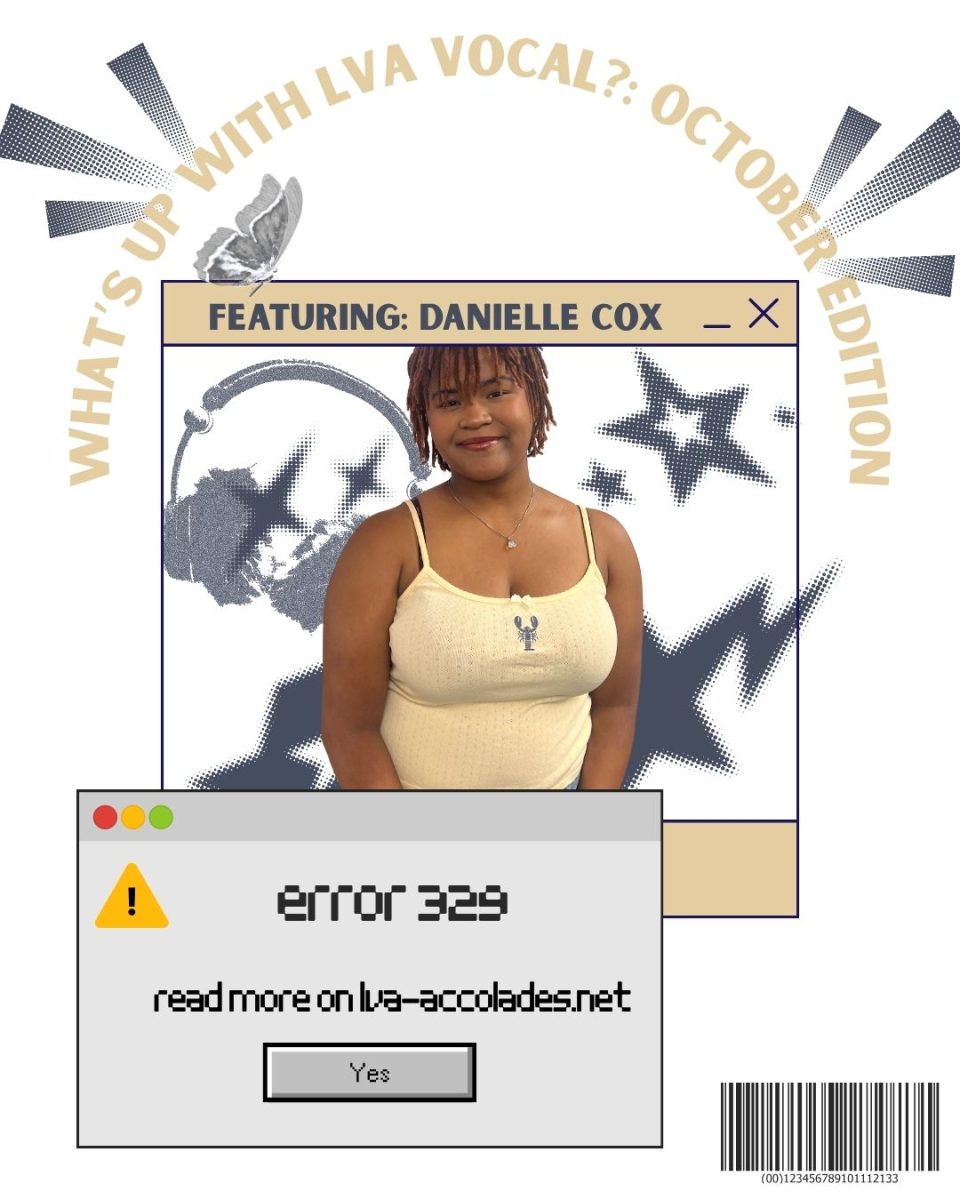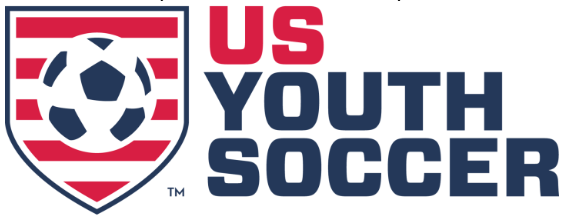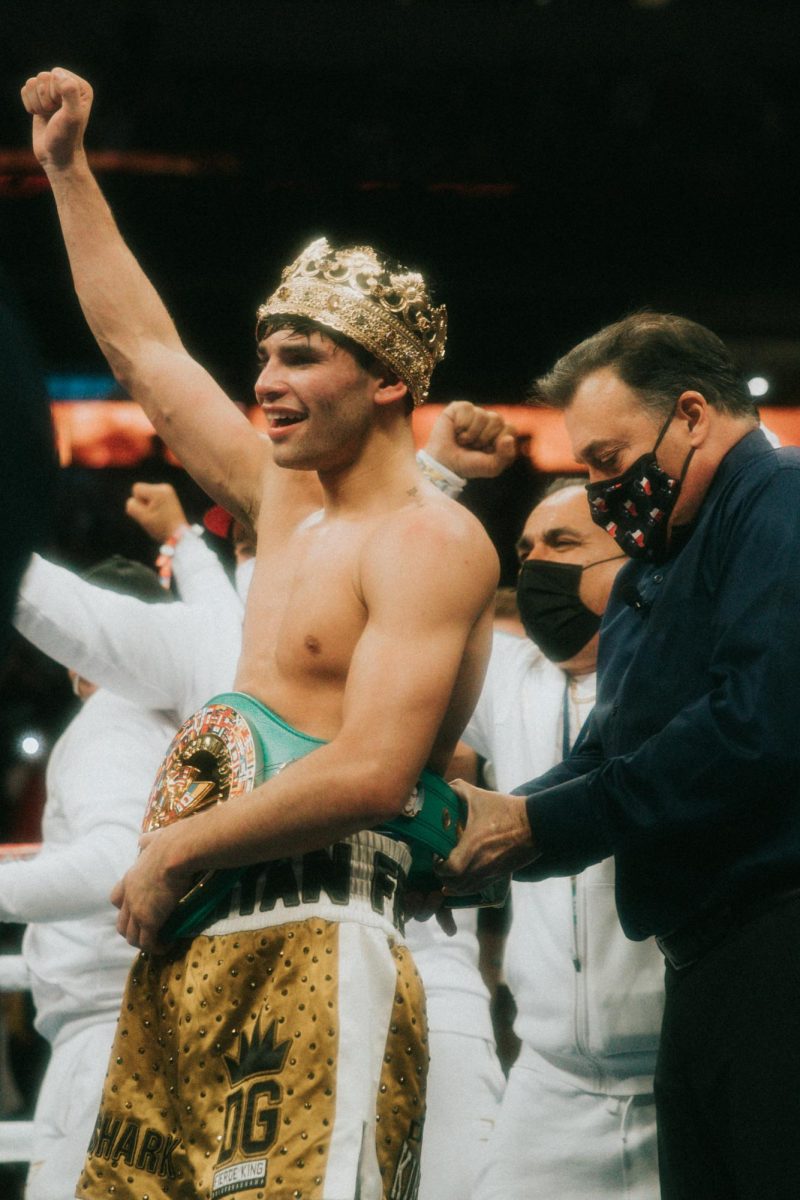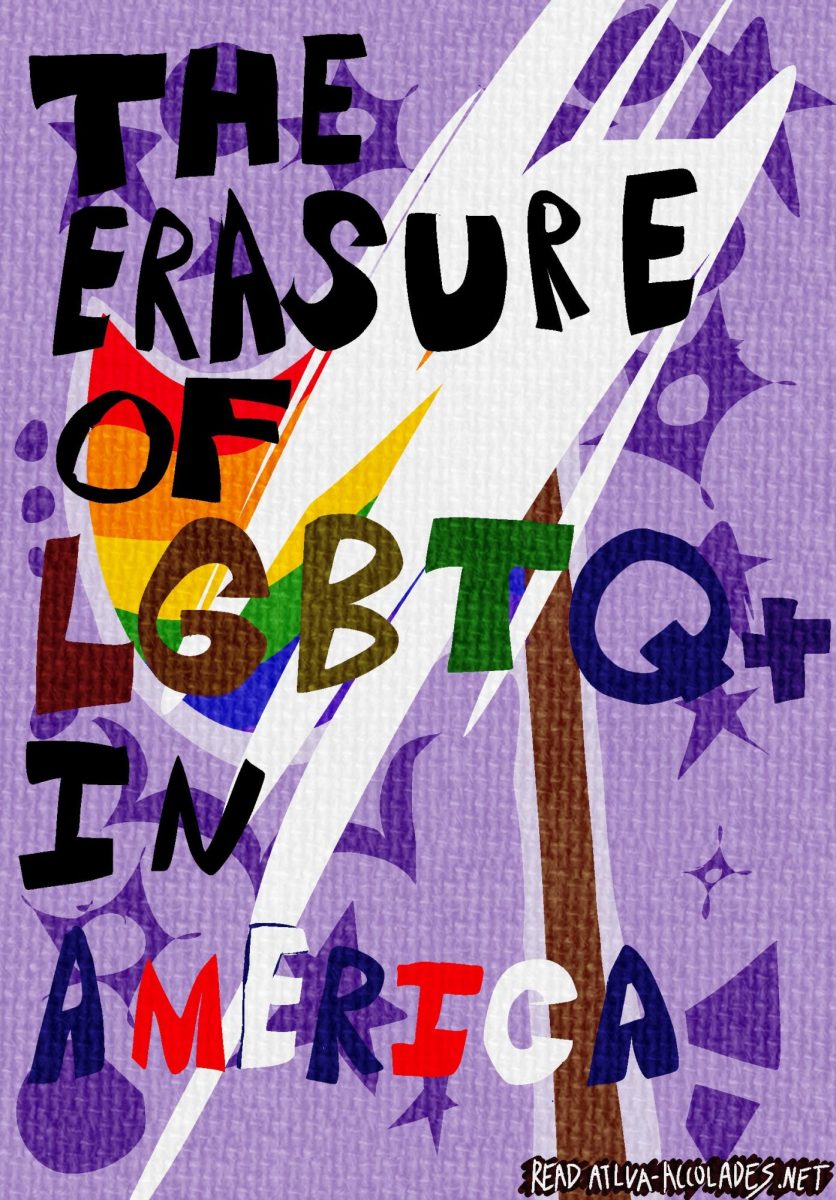On September 26, 2024, California’s governor, Gavin Newsom, signed Senate Bill 764, the Child Content Creators Rights Act, into law. This bill, authored by Senator Steve Padilla, targets content creators who feature minors.
If minors appear in at least 30% of their content, content creators must set aside 65% of their total gross earnings into Coogan trust accounts. The minors will be able to access these funds when they reach adulthood. This bill was signed into law to ensure that content creators under 18 earn fair financial benefits for the use of their image.
The bill is an extension of Coogan’s law, which was enacted in 1939 in California, and it was designed to protect child actors who understood they were employed in traditional entertainment roles. The law was created to prevent the mismanagement of the child actors’ finances by their parents or guardians by requiring that a portion of their earnings be placed in a trusted account, the Coogan account.
The law was updated on September 26, 2024, and bills 1880 and 764 were signed. Bill 1880 is under Coogan’s Law, which helped expand the law by including child content creators to receive their fair share. The law required that businesses that hired or engaged child influencers recognize the law and deposit 15% of their earnings into Coogan trust accounts.
The update to California’s Coogan law aims to protect the financial interests of minors as digital media evolves. With the expanding role of child influencers and content creators, the landscape of earning has changed.
Platforms like TikTok, Instagram, and YouTube have enabled children to earn money through their online presence. However, concerns of financial exploitation and mismanagement have arisen, which prompted the law’s update to safeguard young content creators.
Only five states mandate Coogan trust accounts: California, New York, Illinois, Louisiana, and New Mexico. These states aim to protect children’s earnings in the entertainment industry.
Originally introduced in California, the Coogan Act inspired similar provisions in other states. Even in states without the Coogan Law, similar protections exist through child labor laws, trust accounts, the Federal Trade Commission, etc.
The Child’s Content Creators’ Rights Act is crucial in protecting young influencers’ earnings in California. By expanding Coogan’s Law to digital media, the state sets a precedent for fair compensation. This legislation could inspire similar protections elsewhere as the digital media continues to evolve, ensuring young content creators are treated fairly.


